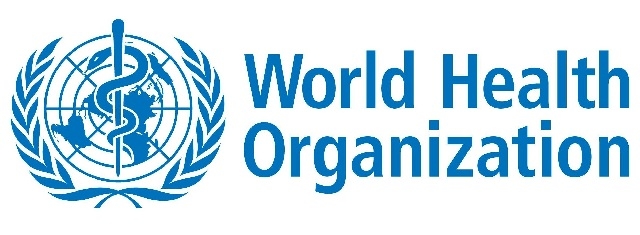Health
Five points WHO would like to see reflected at the World Humanitarian Summit
Summit in Istambul in May 2016

WORLD HEALTH ORGANIZATION
In May 2016, the global community will converge on Istanbul, Turkey, for the World Humanitarian Summit ““ the culmination of a worldwide consultation process involving eight regions and more than 23 000 contributing parties. It will bring together the greatest ideas and best practices from around the world and set the agenda for humanitarian action for years to come.
As part of the consultation process, the World Health Organization has submitted a position paper arguing for the centrality of health in humanitarian action. Here are the five key messages from the document :
1 - The health and well-being of affected populations is the ultimate goal of humanitarian action
Regardless of the type of event ““ natural disaster, conflict or disease outbreak ““ there are always risks to health. United Nations surveys reveal that health is consistently among the top three priorities for crisis-affected populations.
2 - The risks to health posed by humanitarian emergencies are at all-time highs ““ and worsening
Past decades have witnessed major events that pose huge risks to health, including sudden onset natural disasters (eg. the Haiti earthquake), conflicts (eg. Syria), and disease outbreaks (eg. Ebola in West Africa). There are currently 80 million crisis-affected people in need of assistance worldwide.
Regardless of the type of event ““ natural disaster, conflict or disease outbreak ““ there are always risks to health. United Nations surveys reveal that health is consistently among the top three priorities for crisis-affected populations.
2 - The risks to health posed by humanitarian emergencies are at all-time highs ““ and worsening
Past decades have witnessed major events that pose huge risks to health, including sudden onset natural disasters (eg. the Haiti earthquake), conflicts (eg. Syria), and disease outbreaks (eg. Ebola in West Africa). There are currently 80 million crisis-affected people in need of assistance worldwide.
3 - Protracted conflict situations are among the greatest threats to health and health workers globally
It is estimated that 60% of preventable maternal deaths and 53% of under-five deaths take place in settings of conflict, displacement, and natural disasters. Attacks against health are another disturbing feature of today´s conflicts. A WHO report found that 603 health workers died from violent attacks during humanitarian emergencies in 2014.
4 - Crises caused by disease outbreaks require the health and humanitarian communities to work together
It is estimated that 60% of preventable maternal deaths and 53% of under-five deaths take place in settings of conflict, displacement, and natural disasters. Attacks against health are another disturbing feature of today´s conflicts. A WHO report found that 603 health workers died from violent attacks during humanitarian emergencies in 2014.
4 - Crises caused by disease outbreaks require the health and humanitarian communities to work together
The Ebola crisis in West Africa was a “defining moment for the health of the global community“. It showed that a strong WHO response capacity is required. But WHO cannot manage such crises alone - the health and humanitarian communities must work more closely together.
5 - Managing health risks is essential: preparedness pays at all levels ““ country regional and global
5 - Managing health risks is essential: preparedness pays at all levels ““ country regional and global
By managing risks to health, people are better able to recover and sustain effective livelihoods in the aftermath of a disaster. The Sendai Framework for Action for Disaster Risk Reduction (DRR), adopted by 187 countries, puts health at the centre of global policy and action to reduce the risks associated with disasters.
Source :World Health Organization
Ruby BIRD
http://www.portfolio.uspa24.com/
Yasmina BEDDOU
http://www.yasmina-beddou.uspa24.com/
Source :World Health Organization
Ruby BIRD
http://www.portfolio.uspa24.com/
Yasmina BEDDOU
http://www.yasmina-beddou.uspa24.com/
Ruby Bird Yasmina Beddou World Heealth Organization World Humanitarian Summit May 2016 Five Points Worldwide Consultation Turkey
Liability for this article lies with the author, who also holds the copyright. Editorial content from USPA may be quoted on other websites as long as the quote comprises no more than 5% of the entire text, is marked as such and the source is named (via hyperlink).






